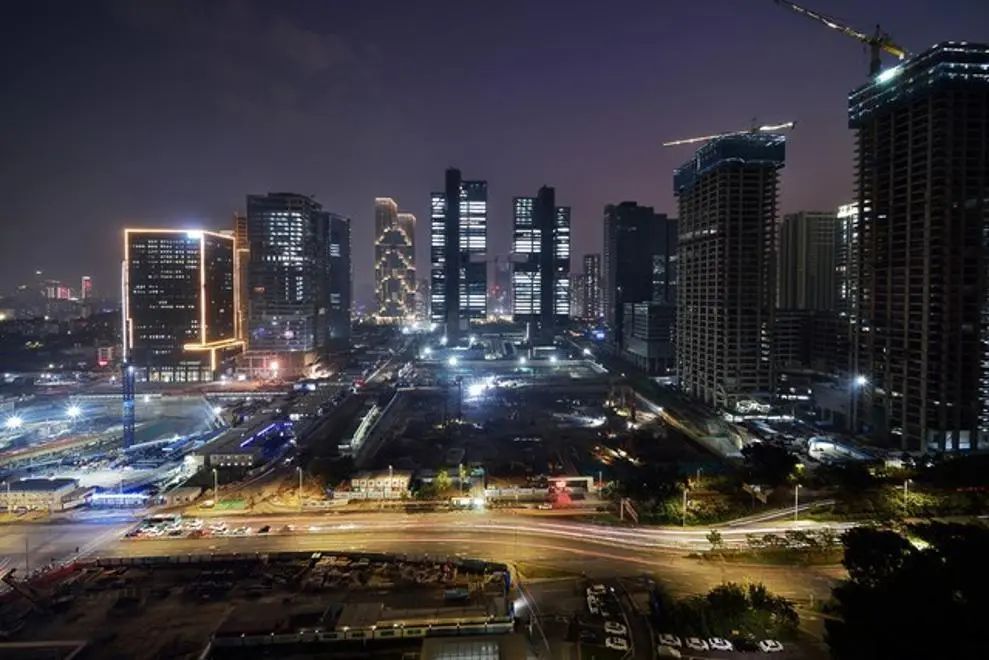A notable transformation is taking place in certain Chinese enterprises, veering away from the long – established long – working – hour culture.
Drone manufacturer DJI and home appliance behemoth Midea Group are at the forefront of this change, and their efforts have been trending on Chinese social media platforms. According to reports, DJI launched a campaign on February 27 to make sure employees leave work by 9 pm. In Shenzhen, Guangdong Province, managers and human resources staff encourage employees to leave punctually at that time. The Shanghai branch is even more extreme, turning off office lights to enforce this rule, as reported by the Securities Times on Sunday.

Employees have posted on the lifestyle app Xiaohongshu, expressing their astonishment at seeing an empty parking lot and crowded metro stations at 9 pm when they clock out. Cai Min, a worker in the R&D department, mentioned that his departure time has changed from the usual 11 pm or midnight to 9:10 pm now, and almost all the workers on his floor leave by then.
Despite DJI’s remarkable accomplishments, there have been continuous complaints about its long working hours on social media. Comments such as “I’ve been working overtime for years” and “I’ve seen Shenzhen Bay at 2 am countless times” are common. Others have joked that taxi drivers mistake them for early – morning passengers, as reported by the Securities Times.

Midea Group has also been in the spotlight for requiring employees to leave work by 6:20 pm, triggering discussions on China’s Sina Weibo platform. The company replied that it introduced six strict regulations this year to streamline work processes, including a prohibition on after – work meetings and unnecessary overtime, as reported by the Economic View.
Fang Hongbo, the chairman and CEO of Midea, released a document in January to simplify work measures and free up time for creating value for users. The official Weibo account of Midea Group responded to the trending topic with a winking emoji, suggesting a positive internal reaction.

This change is significant because the sentiment against the cut – throat competition has been on the rise. The government’s work report during this year’s two sessions stated that China will take comprehensive measures to deal with cut – throat competition and build a unified national market.


